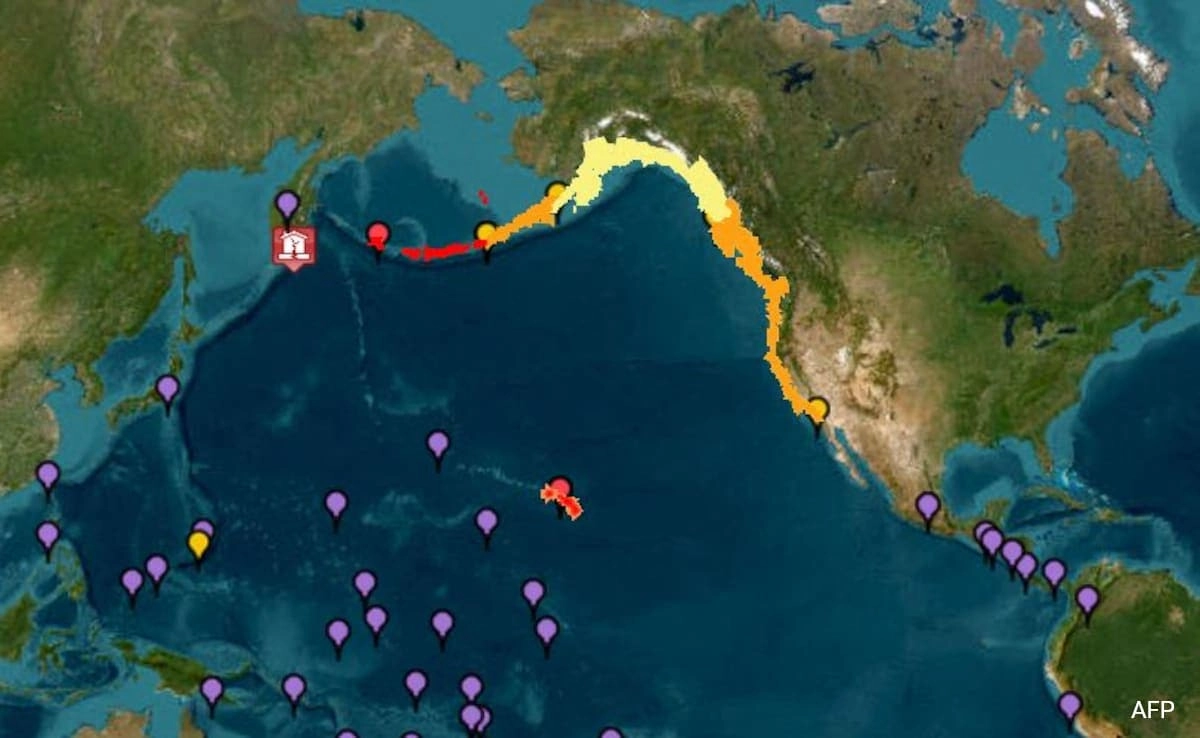In a significant geopolitical move, India has officially suspended the Indus Waters Treaty, a landmark agreement established in 1960 that governs the allocation and management of river waters between India and Pakistan. This decision comes in the wake of escalating tensions between the two nations, particularly in response to Pakistan’s alleged actions that India perceives as aggressive and destabilizing. The suspension of the treaty highlights India’s growing impatience with Pakistan’s handling of cross-border terrorism and other security concerns that have plagued their relationship for decades.
The Indus Waters Treaty has long been regarded as a vital framework for cooperation between India and Pakistan, allowing for the equitable distribution of the waters of the Indus River system, which is crucial for agriculture and livelihoods in both countries. India’s decision to suspend the treaty not only underscores its frustration with Pakistan’s policies but also raises concerns about the future of water management in the region. The suspension could lead to significant repercussions for Pakistan, which relies heavily on the Indus river system for its agricultural output and water supply.
In addition to the treaty’s suspension, India has taken the further step of closing the Attari border crossing, a key point of trade and travel between the two countries. This closure is a direct response to the perceived threats from Pakistan and aims to bolster India’s security measures. The Attari border has historically been a symbol of both cooperation and contention between India and Pakistan, and its shutdown signifies a hardening of India’s stance towards its neighbor. The closure could have immediate economic implications, disrupting trade routes and affecting the livelihoods of those who depend on cross-border commerce.
As tensions rise, the implications of India’s actions extend beyond bilateral relations; they may also impact regional stability in South Asia. The suspension of the Indus Waters Treaty could set a dangerous precedent for future water-sharing agreements and ignite further conflict over shared resources. Additionally, the international community is closely monitoring the situation, as any escalation could lead to broader security concerns in the region. Ultimately, India’s response reflects a significant shift in its approach to dealing with Pakistan, emphasizing a more assertive and uncompromising strategy in the face of ongoing challenges.




